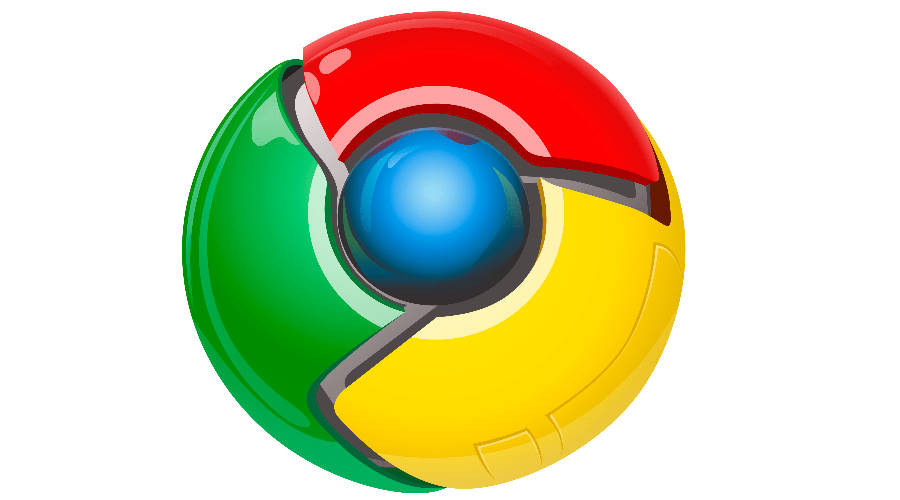When I arrived at work and started up my web browser with Google set up as a splash screen, I realized there was a link to a new Google web browser page. I didn’t hesitate and started the installation immediately. The installation process, which offered almost no possibility of changing anything, made me wonder about how correctly this browser was going to display our company website. And after some time spent using this new browser I remembered a recent barbecue where I quarreled for a dangerously long time about Google’s dictatorship of who or what we were going to find on the internet. After a while I asked myself: "Is Google Chrome Killing Freedom Of Choice?".
Please take this article just a consideration of a potential problem. I don’t feel like a modern Nostradamus of the internet. I just have a need to tell you about this.
Every day at work I have to use HTML code and do SEO optimization of a company website. I am still a beginner with SEO, but one thing I have learned already – most SEO optimization work depends on your Google browsing abilities.
However, that’s not the main point of this article.
Whoever is working in SEO would definitely agree with the statement that most relevant tips and findings come primarily by means of Google tools, namely Googole Trends and Googole AdWords.
Some time ago I discussed the Google Adwords issue with my superior and we agreed that there was huge scope for targeting campaigns against specific groups of people with this tool.
For those who are not familiar with it I have to explain: Google Adwords is a very sophisticated device for Google advertisement projection in a web browser environment and, last but not least, also in the very popular AdSense advertising banners.
These tools are used for targeted advertising campaigns based on such demographic variables as: gender, age, wealth of the region or skin color. And yet this is a vast array of information which has to be acquired from somewhere.

Picture No. 1 – Google.cz search results page view (searched word: accommodation)
See the AdWords advertisement links on the right side

Picture No. 2 – AdSense banner example www.praha.cz
So I started thinking about where could be getting all this information from.
One of the possible, and probably the least unpleasant, sources is the stored database of search words. It could be said that this is the basic technique of every simple browser or search engine.
The other, slightly more serious possibility is to store information through a web page’s cookie. In this case, if you visit the Google web page or a page with Google’s ad, a cookie will be saved automatically to your hard disc. We can only guess about the function of this cookie in the web browser, but one of the possibilities is to harvest web page addresses and contents. Google will read and save the session on the other page. I strongly believe this is just my imagination. Still, when I searched through the cookies saved in my browser, I found many of them came from Google.
And finally we have a very up-to-date way of getting the information wanted. You can create your own web browser, just like Google Chrome. In this case we provide information about all browsing activity to Google, and worst of all, in accordance with law. (See the Terms and Conditions)
I read a short article called “By installing Google Chrome you have signed a contract with devil” on the Czech website Živě.cz (I can highly recommend reading it). After I read this article, however, my worries grew even worse. But I am certainly not the only one who is concerned.
Anyone can retort that Microsoft runs their own search engine and web browser. The trouble is not inside the browser itself, but in its market share.
The share of the world’s internet searching done with Google varies around 75% and is less than 4% using Microsoft’s Live Search. Now try to understand the businessman who wants to advertise his products on the internet. Would he rather choose the browser with the 75% or 5% market share? Logically, he is more interested in the one with the 75% reach.
Moreover Google (and it’s not the only one) tends to buy other browsers and catalogues, infiltrating more and more markets. The fact that Yahoo started using Google’s search algorithm is an indirect way of telling us: “Yahoo = Google” (when speaking about web searching).
And now the main point. What if one day Google decides to choose commercially-significant phrases, as indicated by previous browsing and internet surfing, and announces: “If you want to see the results of this search, you have to pay!” At that moment all remaining freedom of choice on the internet will be gone and the internet advertising monopoly named Google will begin.
You have a situation similar to this hypothetical on the English-language Google web page when searching for phrases like “london hotels” and “prague hotels”. Google placed a map and direct links to various hotels in the area right before the most common search results. Travel and accommodation agencies now have nearly no other choice than to pay for adverts in AdWords if they want to be seen in the first half of the page – which is seen right away without scrolling the page.
Somebody might consider himself out of reach, but in fact the opposite is true. Who says that the company advertising for money offers you the best and cheapest service?
Conclusion:
Before you begin the Google Chrome installation, think about the theoretical risks. Until now, Google has been able to find out “just” about your gender, age, financial situation and interests, but what else are they going to discover after you start using the Google Chrome web browser?
Jiří Dvořák, DiS., COOLHOUSING.NET
Author: Jirka Dvořák




